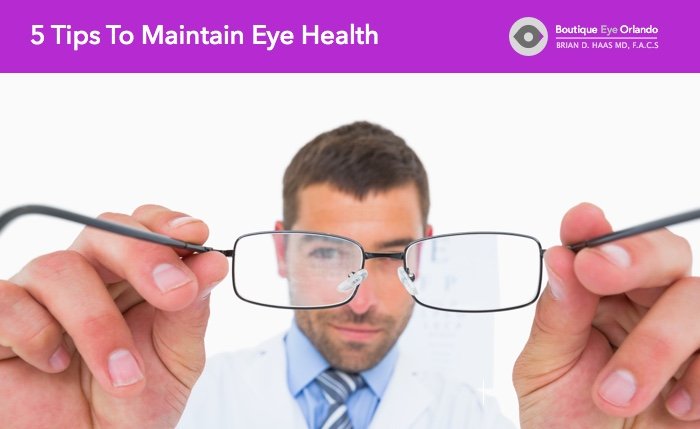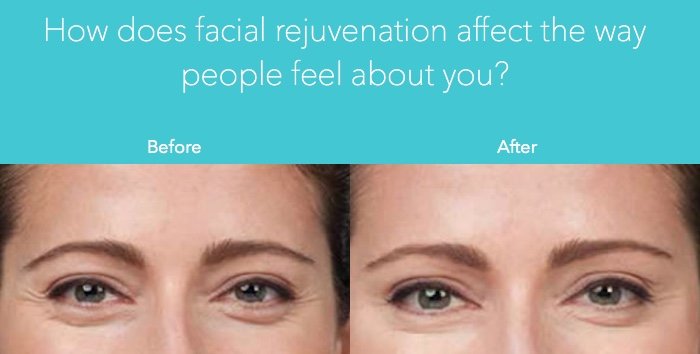
23 Questions to Ask Your Cosmetic Eye Surgeon Before a Procedure
February 20, 2015Eyelid blepharoplasty surgery isn’t just for the aging- why the young can benefit from blepharoplasty
May 12, 2015A fascinating new report sheds some light on one of the more illuminating effects of facial rejuvenation.
The study, from one of the country’s leading experts on facial rejuvenation, revolves around a concept known as “facial profiling.” Basically, this is the old adage that you can tell someone’s character by the cut of his jib. It turns out there may be some truth to that old adage.
While we may not be able to actually guess someone’s character just by looking at them, our brains try to do exactly that. We’ve known for awhile that we humans know within just a few seconds of meeting someone whether or not we’re going to trust them. In short, you never get a second chance to make a first impression.
What we’re learning more about is exactly why that happens. Turns out it’s evolution: we make judgments within seconds of seeing someone to determine whether or not they’re a threat to us. If we judge someone to be a threat, we’ll be on guard. If not, we know we can approach (that would’ve been a handy skill to have back in our tribal days).
That’s where facial rejuvenation comes in.
The study
The study we’re talking about was led by Michael Reilly, a plastic surgeon at the Georgetown University Medical Center in DC. Reilly wanted to find out how facial rejuvenation affects the process of facial profiling. In other words, how does facial surgery impact how people feel about you?
To find out, Reilly and his research team used 30 photos of women taken before and after their facial surgeries. Then, dozens of participants were asked to rate the women based on six traits: aggressiveness, extroversion, likeability, trustworthiness, risk-seeking, and social skills.
The results
The surgery didn’t affect the way people felt about the patients’ aggressiveness, extroversion, trustworthiness, or risk-seeking.
But their likeability, social skills, attractiveness, and femininity were all judged significantly higher than before the surgery.
Here’s Reilly’s explanation of precisely why this happens:
“If the corners of someone’s mouth are turned down at rest, they are not going to be judged as likeable or as socially skilled since it appears they are sad or angry. If the cheeks are full or high, they are going to be judged the opposite, since they appear to be happy.”
In short, facial rejuvenation can make us appear more likeable, more attractive, more feminine, and friendlier. Knowing what we know about getting off on the right foot, this can have a huge impact on our quality of life. If more people judge us positively within seconds of meeting us, that lead to better relationships – with friends and family, with clients and colleagues. It can even make trivial little events better: maybe the cashier in the checkout line smiles a bit more as you grab your groceries.
The study is careful to point out that some procedures resulted in a negativeimpact on perceptions. It came down to whether or not the new look appeared natural. That’s an important caveat, and one that underscores just how important it is to find the right surgeon- one with the skill and experience not just to correct flaws, but to create a more natural you.
What it means
One of the more fascinating aspects of studies like these is how they highlight the fact that we’re all basically just animals with really big brains. Orangutans grow fatty cheek pads that reflect their status in the group, and the lion that rules the pride is most often the one with the thickest, darkest mane.
So those first impressions really do count for something. When you look sad, angry, or tired, it not only impacts the way you feel, but the way people feel about you. Conversely, if you radiate energy, friendliness, and warmth, it not only makes you feel better, it makes those around you feel better.
If you’d like to know more, you can read the original studyⁱ or check out the Huffington Post’s take on it.
1. http://archfaci.jamanetwork.com/article.aspx?articleid=2236556
2. http://www.huffingtonpost.com/2015/04/13/plastic-surgery_n_7054130.html


